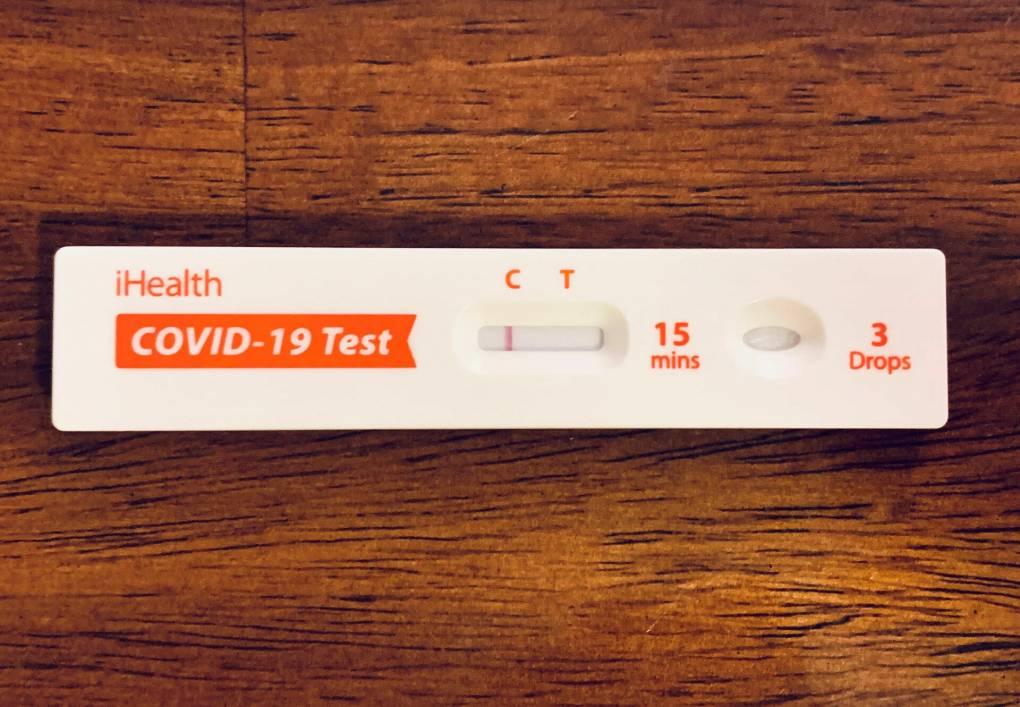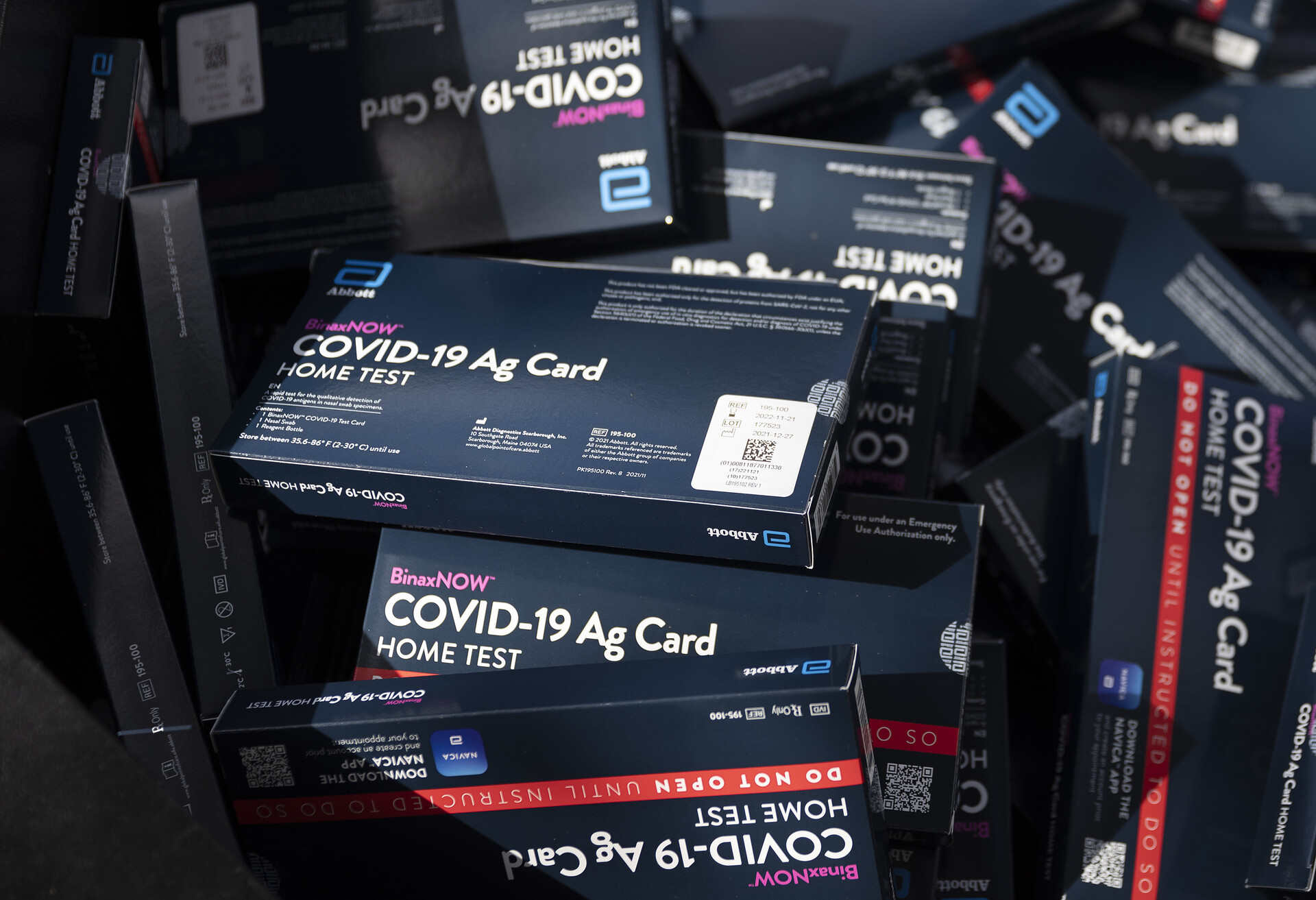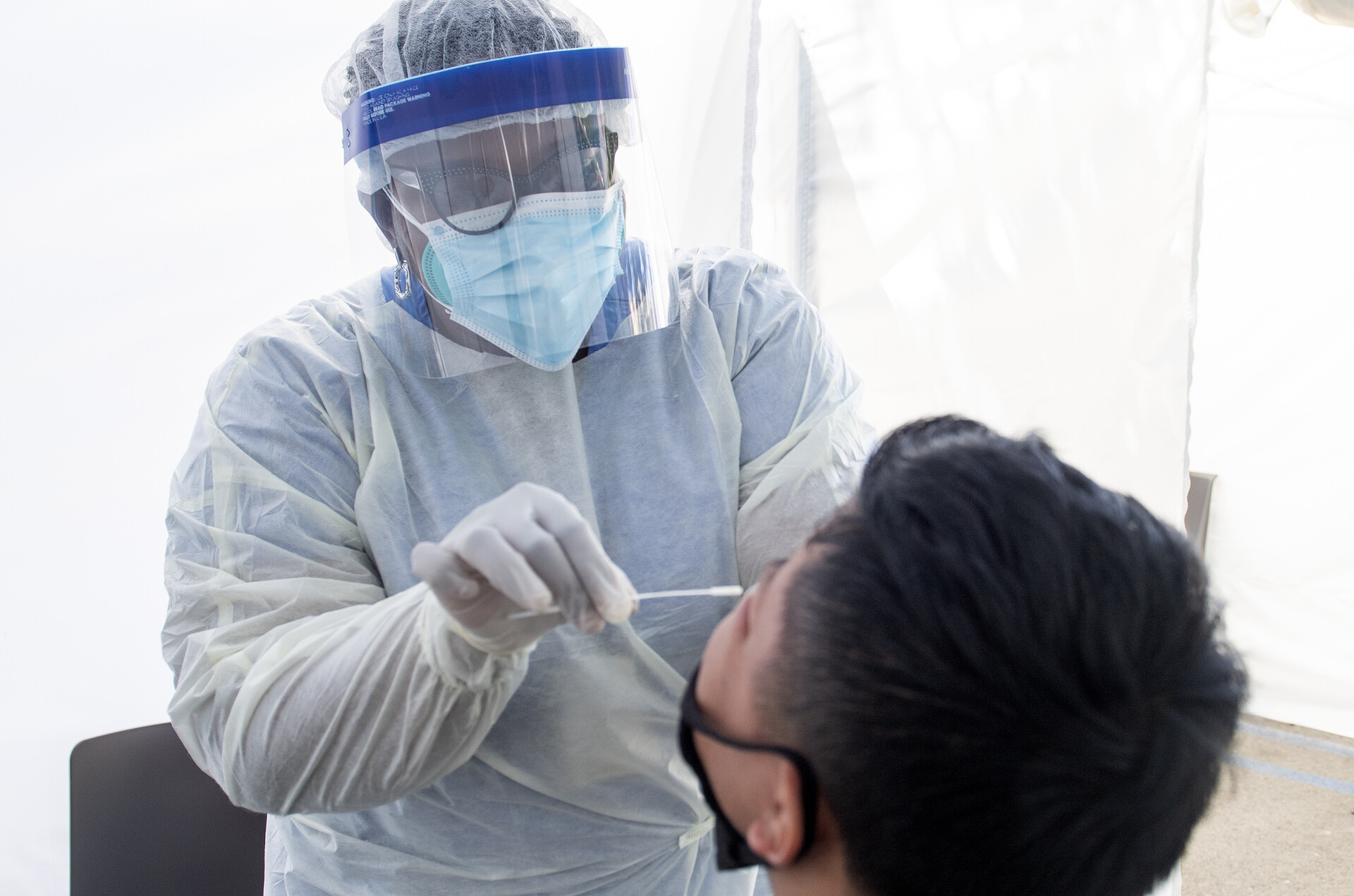Updated 4:15 p.m. Thursday, Feb. 16
As of Jan. 15, 2022, people with private health insurance can get reimbursed by their insurer for the cost of up to eight at-home COVID tests per month.
This program applies only to at-home tests purchased on or after Jan. 15, 2022, and covers eight free tests per covered individual per month. “That means a family of four, all on the same plan, would be able to get 32 of these tests covered by their health plan per month,” the White House has confirmed.
Jump straight to:
- How does reimbursement for COVID tests work?
- Find your health insurer and their policy in our list
- How many COVID tests will insurance cover?
- What if you don’t have health insurance?
Remember, this reimbursement is completely different from the White House program that allows you to order free at-home COVID tests online from the federal government and the United States Postal Service. Read more about how to order those four free tests per residential address via USPS.
First off, will the states of emergency ending affect my reimbursement?
No — at least not yet.
On Feb. 28, 2023, California’s COVID-19 state of emergency will officially come to an end. The White House has also announced that the federal state of emergency for COVID will then end on May 11.
The end of the national emergency will have big effects upon nationwide funding for COVID vaccines and testing, and will stop requiring insurers to cover reimbursement for COVID tests. But California has enacted several laws that force insurers to keep covering such COVID care, even after the state and federal states of emergency wind down.
One of these — State Bill 1473 — requires insurers to not only keep covering the costs of COVID therapeutic treatments like Paxlovid, but also to keep reimbursing their members for the costs of up to eight over-the-counter COVID tests a month. But this law only keeps the current situation in place until six months after the end of the federal emergency.
This means that after Nov. 11, if you want Paxlovid or to get reimbursed for COVID tests by an insurer, you’ll have to make sure you are obtaining these services “in-network.” And at this stage of the year, specific details about what that’ll look like in practice come November are lacking.
The two ways that reimbursement works
If you have private health insurance, how you get your reimbursement and your tests — and whether you get reimbursed after purchase or have costs covered up-front — totally depends on which insurer you have.
Each insurance company is doing this differently, so make sure you know what’s available for you according to your plan before you buy a test.



